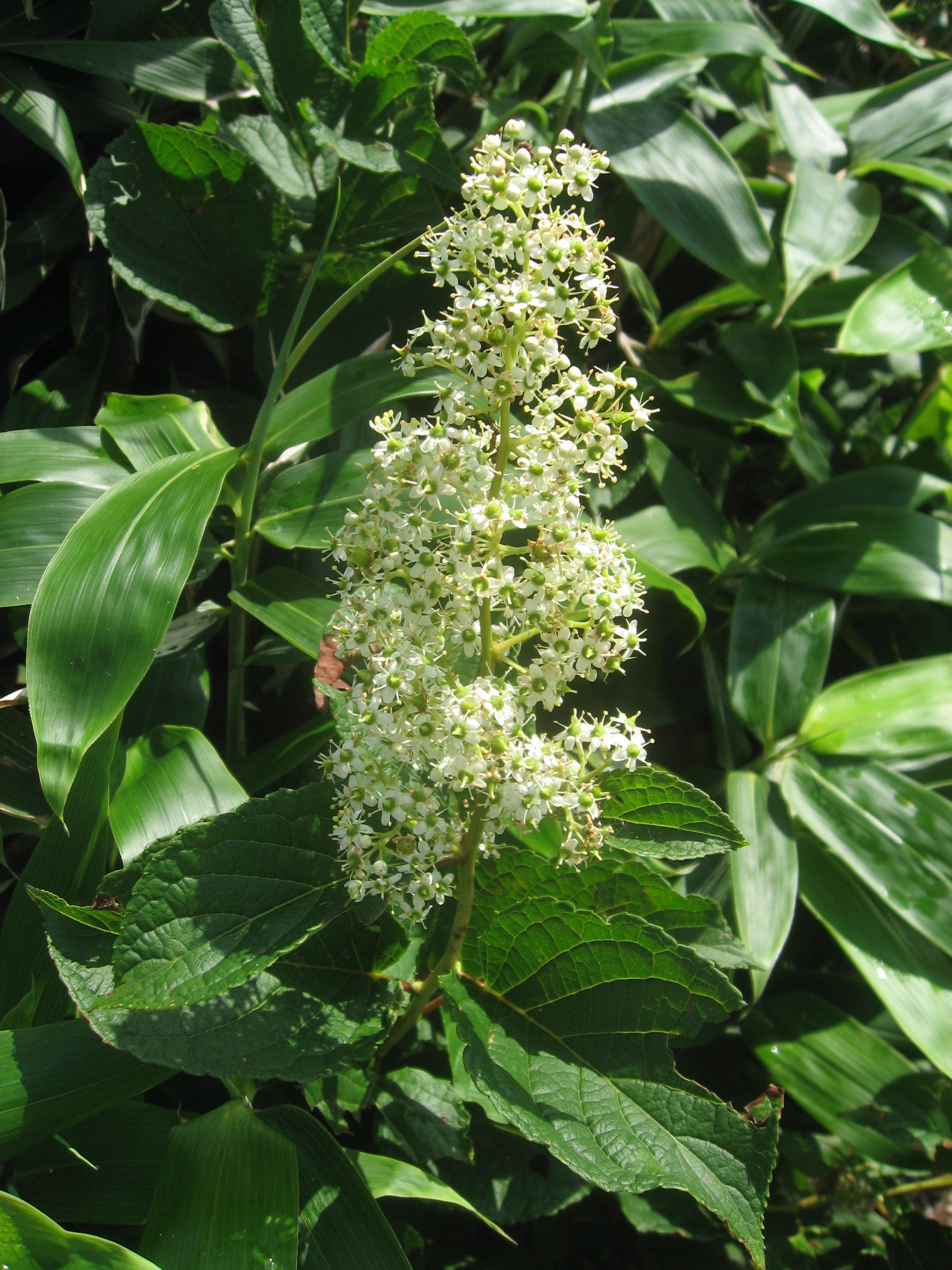A perennial grown in China and Taiwan, thunder god vine has been used to treat swelling for hundreds of years.
If you are familiar with RACorner and our articles on holistic treatment approaches like fish oil and cat’s claw, then you are used to a certain article style. Typically, we review what the plant is before looking into clinical research on the substance. That doesn’t seem like a good approach with thunder god vine.
The role of the Food and Drug Administration’s (FDA) is to make sure that medications are both safe AND effective. The same strict standards that are required for medications are not in place for supplements, though. Because of this, a Google search can return supplements for sale that may be ineffective and/or unsafe.
And, as always, before adding any supplement or medications to your treatment regimen, discuss the options with your doctor.
Thunder god vine safety and side effects
The use of thunder god vine is NOT recommended by either the United States (according to National Institutes of Health National Center for Complementary and Innovative Health) or the United Kingdom (according to a UK drug safety update). The NIH specifically states that the side effects of thunder god vine are so serious that the “risks of using thunder god vine may be greater than its benefits.” Thunder god vine extracts and supplements are made from the root. The plant itself is highly toxic.
The potential side effects of thunder god vine include:
- decreased bone mineral content
- infertility
- menstrual cycle changes
- rashes
- diarrhea
- headache
- hairloss
A review by Zhang, et. al, in 2016 looked into the prevalence of these side effects. After reviewing 594 studies, the researchers found adverse events in 26.7% of people using thunder god vine. Of note, the researchers found the following symptoms impacting people at high rates:
Thunder God Vine Side Effect Rate (in % of people)
- Gastrointestinal symptoms
- Adverse reproductive outcomes
- Skin reactions
- Hematologic events
- Cardiovascular events
- Gastrointestinal symptoms
- Adverse reproductive outcomes
- Skin reactions
- Hematologic events
- Cardiovascular events
The case for thunder god vine
Despite these recommendations, there is promising research into the use of thunder god vine as a way to decrease rheumatoid arthritis symptoms.
A 2009 study compared the use of thunder god vine to sulfasalazine, a common RA medication. Fascinatingly, the participants that took the plant extract had their symptoms improve more than those that took the medication. Researchers noted decreased joint pain and swelling. The rate of adverse events was equal between the two groups.
A study completed by Chinese researchers in 2014 looked at the value of thunder god vine alongside, or in place of, methotrexate. The researchers concluded that both thunder god vine and methotrexate were able to relieve RA symptoms. AND, the combination “of the herb and the drug was better than either one alone.”

All in all, the case for thunder god vine – or as it is known in latin: Tripterygium wilfordii – is complex. Additional research is needed to further validate efficacy. With any luck (and money and time!), researchers can isolate the valuable active ingredients that improve the lives of people with RA and eliminate the adverse events.





